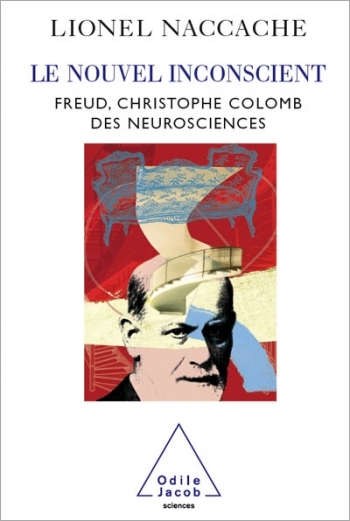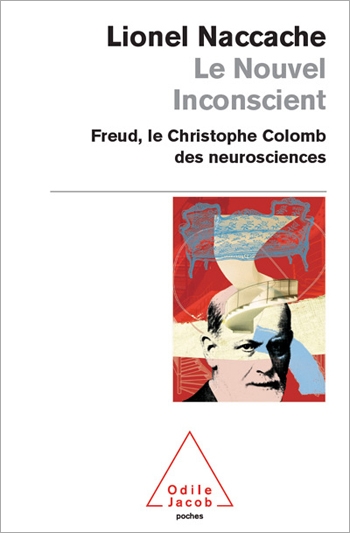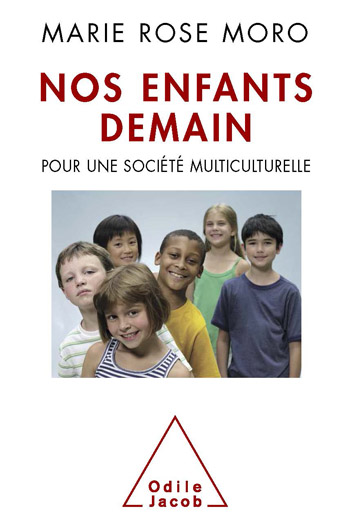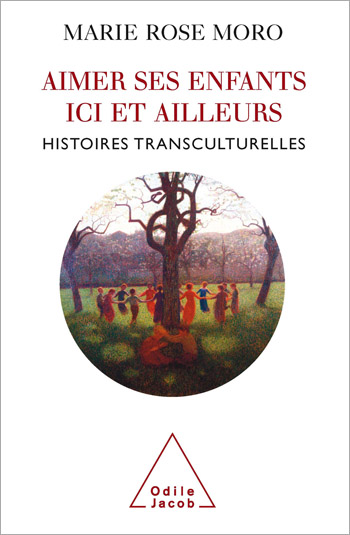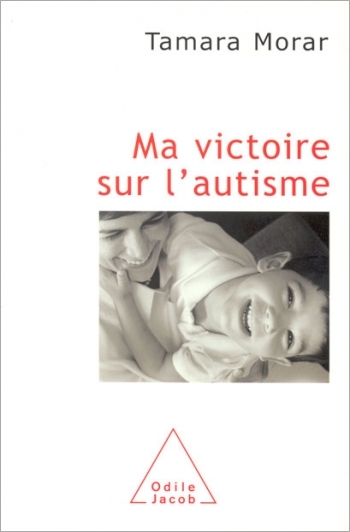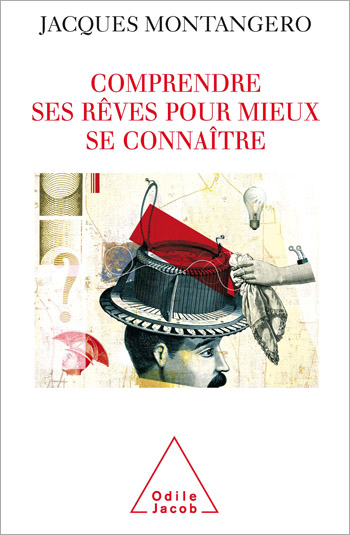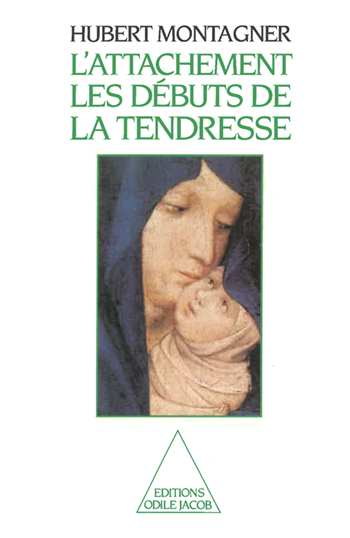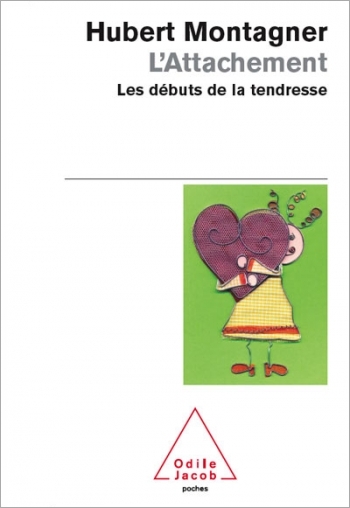Psychology All books
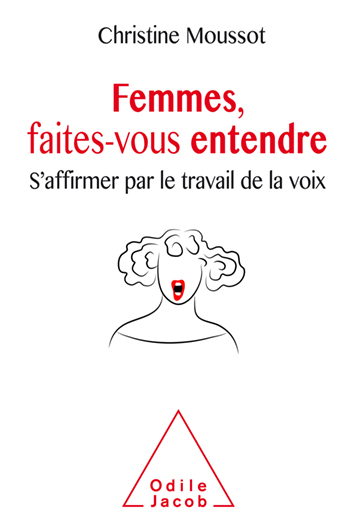
Christine Moussot
Women, Make Yourselves Heard!
The first 100% vocal coaching book for women that addresses the vocal difficulties they most often encounter: light or self-effacing voices, voices that are too high or that speak too fast.
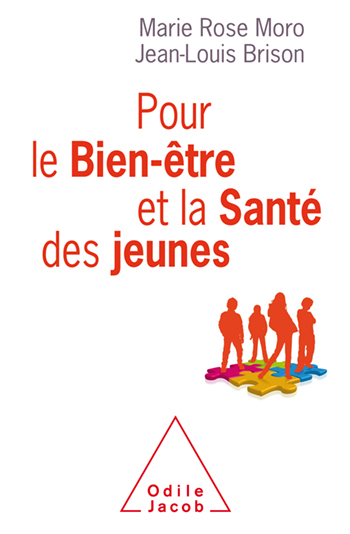
Marie Rose Moro, Jean-Louis Brison
For the Well-Being and Health of Young People
A new approach to well-being as a condition for the academic success of our children: one learns better when one feels good!
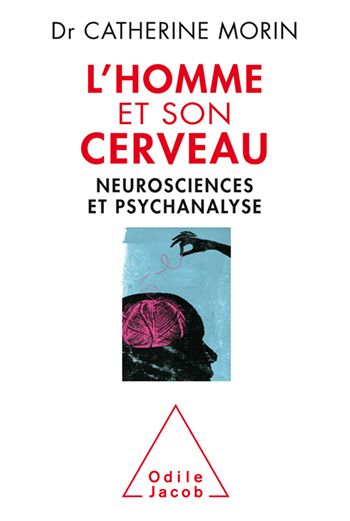
Catherine Morin
Man and his brain Psychoanalysis and Neuroscience
An assessment of the relationship between neuroscience and psychoanalysis. A synthesis that aids understanding of the possible complementarity between neuroscience and psychoanalysis, of the specificity of each approach, and the value of sharing knowledge about the brain.
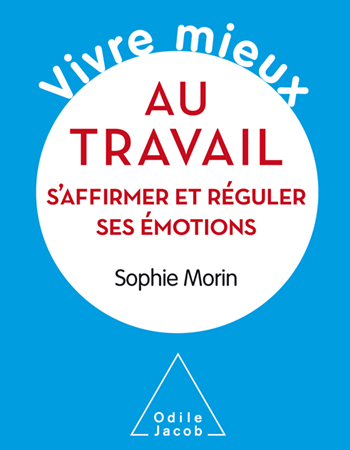
Sophie Morin
Live Better at Work Focused advice for a better life at work
The number of people affected by stress or burnout is increasing. The tools of cognitive and behavioral psychology adapted to professional life: affirmation of self, self-confidence, management of emotions.
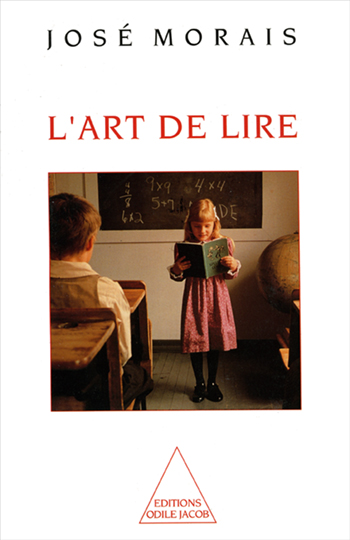
José Moraïs
The Art of Reading
José Moraïs analyzes the different methods with which we learn to read and presents the various therapeutic possibilities offered to those who do not master the art of reading .
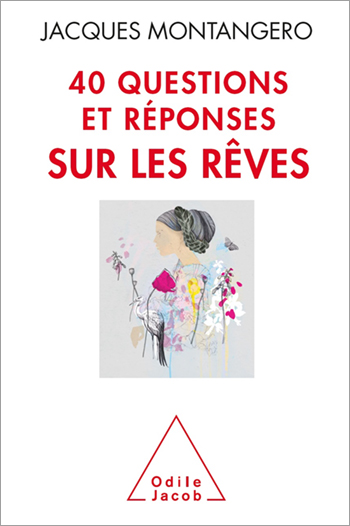
Jacques Montangero
Forty Questions About Dreams
A wealth of information to understand and analyse dreams
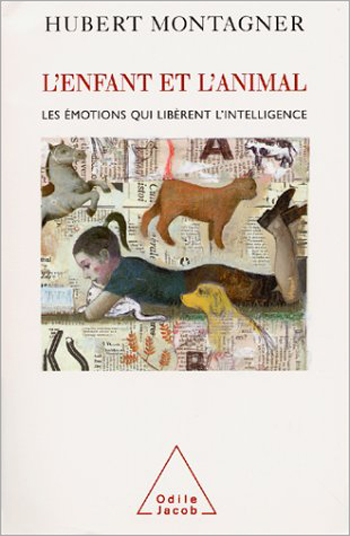
Hubert Montagner
Child and Animal The Emotions Which Liberate Intelligence
What could be more commonplace than the emotional ties that some children develop with cats and dogs or other pets? And yet, nothing could be more surprising than the fact that such ties, which are sometimes very close and intense, can exist between members of very different species. The author traces the long history of this co-evolution, from the early domestication of animals for economic ends (such as warning or defence) to the keeping of animals as pets. Above all, he asks the question: What if animals contribute significantly to childrens psychological and emotional development? Professor Hubert Montagner heads a research unit of INSERM.

